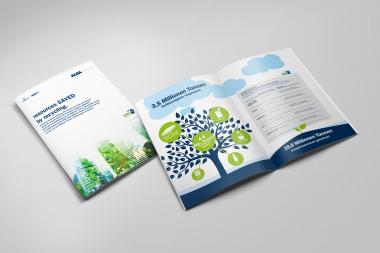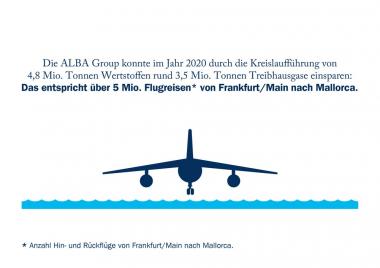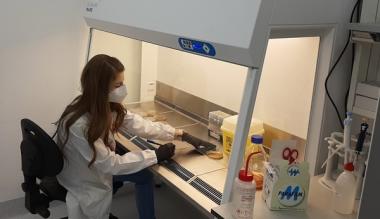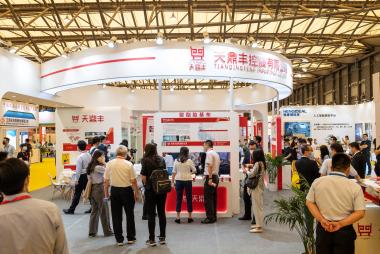Elleti and Itema at Première Vision in Milan
Elleti Group, an Italian manufacturer specialized in denim treatments and garment making, will present an innovative approach: how we experience denim and its transformation processes.
Elleti Group will display its “Green Replicants” project in a new and improved “Lighter. Better. Wiser.” edition. This project, inaugurated a few years ago, recreates some of the iconic pieces from the Elleti Group Museum of Denim (dating back to the 19th century) with today’s most advanced environmentally sustainable technologies. This special edition replicas are fully developed using the latest addition to the sustainable tools of the company: the “Wiser Wash” technology, a patented washing method that eliminates the use of all potentially harmful chemicals and pumice stone, while drastically reducing the water consumption throughout the process.
Moreover, at the Immaterial M.O.D.E. booth, a special project designed by Denim Première Vision and realized in collaboration with Elleti Group and Sense – Immaterial Reality will take visitors through an Augmented Reality installation to explore a selection of legendary pieces from M.O.D.E., Museum of Denim by Elleti Group. By downloading the app, available on every digital store, on your phone or tablet and looking out for the signage on site, unique denim masterpieces will be at everyone’s fingertips.
Itema, a worldwide manufacturer of weaving solutions, will be for the first time at the Denim Première Vision fair. The company is renowned in the industry to be one of the only manufacturers to produce all the top three weft insertion technologies – rapier, air-jet and projectile.
The company will highlight the iSAVER® technology: designed by Itemalab®, the Itema advanced innovation company. Thanks to iSAVER®, one thousand kilos of cotton per loom a year will be saved – i.e. 3% of total raw materials – which will prevent wasting 20 million litres of water, while saving costs for about €2.000 a year on each loom. iSAVER® significantly contributes in making the denim production greener.
Menabò Group srl





























